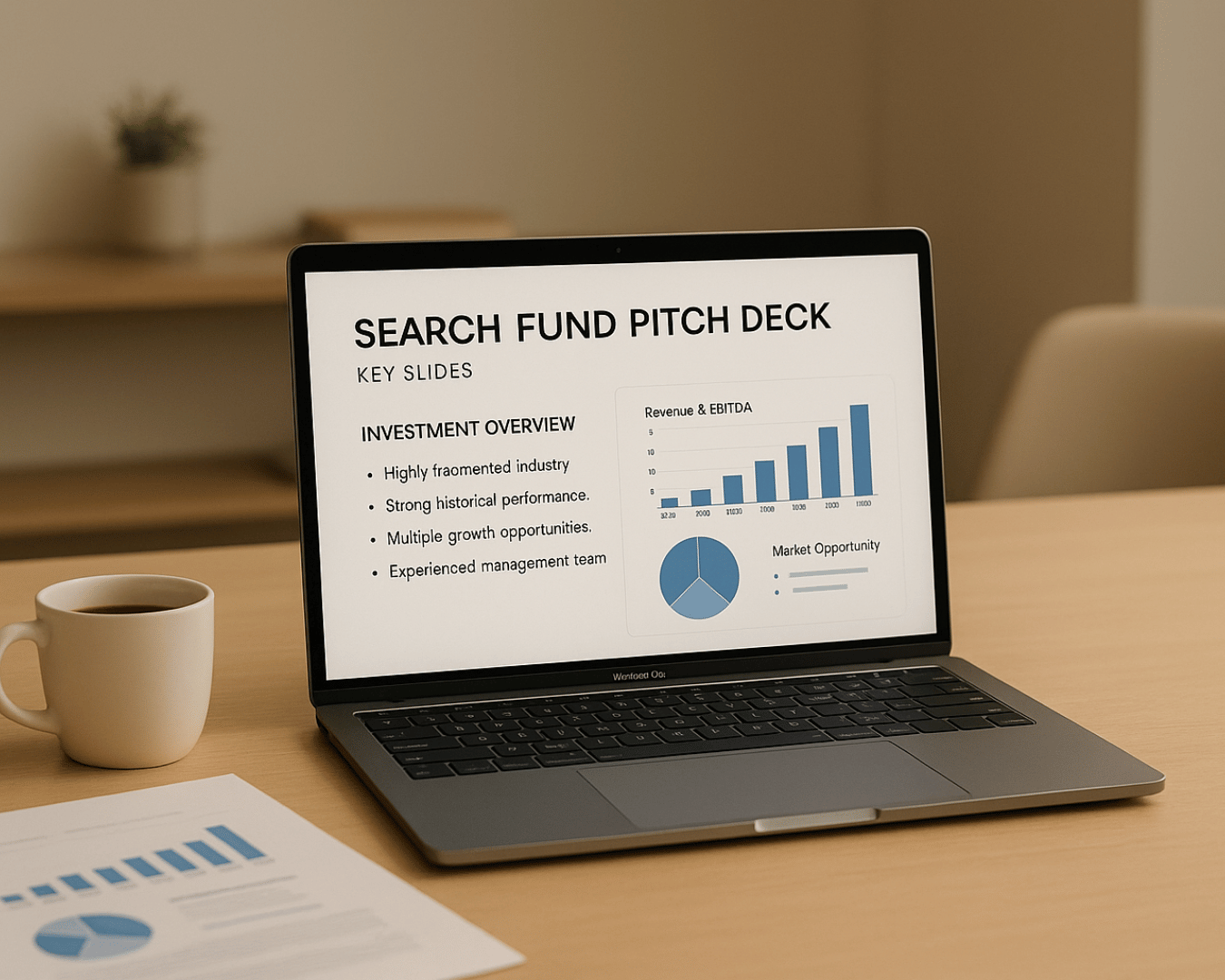Selling a business typically takes 6 to 12 months, though the timeline can vary based on factors like preparation, pricing, buyer demand, and industry specifics. The process involves three main stages:
- Preparation and Valuation: Organizing financial records, conducting a valuation, and addressing legal or operational issues (1–2 months, but starting 18–24 months early can improve results).
- Marketing and Finding Buyers: Connecting with potential buyers, influenced by market conditions, business type, and buyer pool size.
- Due Diligence and Closing: Buyers review records, negotiate terms, and finalize legal paperwork (this phase alone can take several months).
Delays often come from incomplete documentation, overpricing, or complex deal terms. To speed up the process, work with brokers, legal advisors, and use tools like Clearly Acquired for streamlined communication, secure document sharing, and access to verified buyers.
Key takeaway: Preparation, realistic pricing, and professional guidance are crucial to selling your business efficiently.
Typical Timeframes for Selling a Business
How Long Does It Usually Take?
Selling a business generally happens in three main stages: valuation and preparation, marketing and buyer search, and due diligence and closing. The time each stage takes can vary depending on factors like how well-prepared the business is, its attractiveness to buyers, and the complexity of the deal. For example, smaller businesses often draw individual buyers who can make decisions faster, while businesses requiring detailed verification or approvals may take longer to finalize. Industry-specific factors also play a big role in shaping these timelines.
Differences by Business Type and Industry
The type of business and its industry significantly impact how long it takes to sell. Service-based businesses, for instance, often sell faster because they usually have fewer physical assets to evaluate. However, they may face questions about how revenue will hold up once the original owner steps away.
Tech and software companies with recurring revenue streams and well-documented processes tend to move quickly through the sales process. On the other hand, businesses like manufacturing and distribution often require more time due to the need for detailed evaluations of equipment, inventory, and supplier relationships. Retail businesses face unique challenges, too, as factors like seasonal trends and lease agreements can influence the timeline.
Professional practices and franchises bring their own set of hurdles. Professional practices may need to address client retention concerns, while franchises often have to demonstrate the reliability of their business model. Beyond these specifics, broader market conditions also play a critical role. When buyer demand is high, sales can proceed more quickly, but economic uncertainty can slow things down.
From Listing to Closing: A Realistic Timeline for Selling Your Business | How to Sell a Business
Main Factors That Affect the Sale Timeline
When it comes to selling your business, several factors can influence how quickly the process unfolds. While some elements, like market conditions, are out of your control, others - such as pricing, preparation, and understanding buyer demand - are areas where you can make a difference. Let’s break down how these factors can either speed things up or slow them down.
Pricing and Valuation
The price you set for your business plays a huge role in how quickly it sells. Pricing too high can leave your business lingering on the market, while a well-thought-out, competitive price can attract serious buyers faster. To determine the right price, consider factors like cash flow, asset value, industry multiples, and growth potential. Aligning your price with similar businesses in the market can spark interest without raising red flags that something might be off.
The valuation method you choose also matters. For example, asset-based valuations might take longer to verify, especially for businesses with significant physical assets. On the other hand, revenue-based methods are often easier for buyers to understand and can streamline the process.
Preparation and Documentation
Having your paperwork in order can significantly cut down the time it takes to close a deal. Buyers expect to see clear, organized financial and operational records. Key documents include financial statements (audited or reviewed), tax returns, profit and loss statements, balance sheets, and cash flow reports. Additionally, contracts, agreements, and other supporting records help build buyer confidence.
Operational documentation is equally important. Items like written procedures and organizational charts make it easier for potential buyers to understand your business. Addressing any legal or regulatory issues before listing your business can also prevent delays during due diligence. Without strong documentation, even the best pricing strategy won’t guarantee buyer interest.
Buyer Pool and Market Demand
The size and quality of your buyer pool can either accelerate or slow down the sale. Some industries naturally attract a larger number of buyers, while niche sectors may require more time to find the right match. Individual buyers often move faster since they face fewer approval steps, although they might need additional time to secure financing. Strategic buyers - those with industry expertise - can speed up the process thanks to their familiarity with the business model, but they tend to be more selective.
Geography also plays a role. Businesses in major metropolitan areas typically draw a broader range of buyers, while those in remote locations may see fewer prospects. That said, the rise of remote work has expanded opportunities for service-based businesses, regardless of location. Economic conditions and industry trends also shape buyer demand. For instance, during uncertain times, buyers may proceed cautiously, whereas thriving industries often see heightened interest and faster sales. Financing options, like SBA loans, can further impact the timeline by making it easier for qualified buyers to secure funding. Additionally, the size of your business matters - mid-sized companies often attract a wider range of buyers compared to very small or very large businesses, which tend to appeal to more specific groups.
The Business Sale Process: Steps and Time Estimates
Understanding the key stages from the decision to sell through to the final closing can help you navigate the process more efficiently.
Preparation and Business Valuation
For businesses with up-to-date financial records, the initial steps - such as conducting a business valuation, creating a Confidential Information Memorandum (CIM), and organizing necessary documents - can typically be completed within 1–2 months. However, if you're aiming to maximize your business's value, it's wise to start preparing 18–24 months in advance. This allows time to boost profit margins, expand your customer base, improve management systems, and address any unresolved legal matters.
Marketing and Finding Buyers
Once your business is ready, the next step is to market it and connect with prospective buyers. The time required for this phase depends on factors like your industry, the size of your business, and current market conditions. Platforms like Clearly Acquired can simplify this process by linking you with pre-qualified buyers and providing secure tools for sharing documents. Once you’ve piqued buyer interest, you’ll move into the due diligence phase and, eventually, closing.
Due Diligence and Closing
In the final phase, buyers will carefully examine your financial, operational, and legal records. The length of this stage depends on the complexity of the deal and how prepared your documentation is. Over the years, the average time to close a deal has increased - from about six months in the early 2000s to nearly ten months today. To make this process smoother, consider hiring experienced legal counsel and using deal management tools to stay organized and on track.
sbb-itb-a3ef7c1
How to Speed Up the Business Sale Process
Selling a business can take time, but with the right strategies and resources, you can significantly reduce how long your business stays on the market. Business owners who prepare carefully and seek professional help often close deals faster than those who dive in unprepared.
Working with Professional Advisors
Experienced brokers play a key role in speeding up the sale process. They know how to price your business to attract serious buyers without overpricing, which can scare off interest. Brokers also pre-screen potential buyers, ensuring you only engage with those who are financially capable and genuinely interested in purchasing.
Legal and financial advisors are equally important. Attorneys with expertise in business transactions can spot legal issues early and help structure deals to avoid complications during due diligence. Accountants, on the other hand, ensure your financial records are well-organized and meet buyer expectations, which helps avoid delays when additional documentation is requested. While hiring these professionals requires an upfront investment, their expertise often leads to quicker closings and better sale outcomes. When paired with modern tools, their support can make the process even more efficient.
Using Platforms Like Clearly Acquired
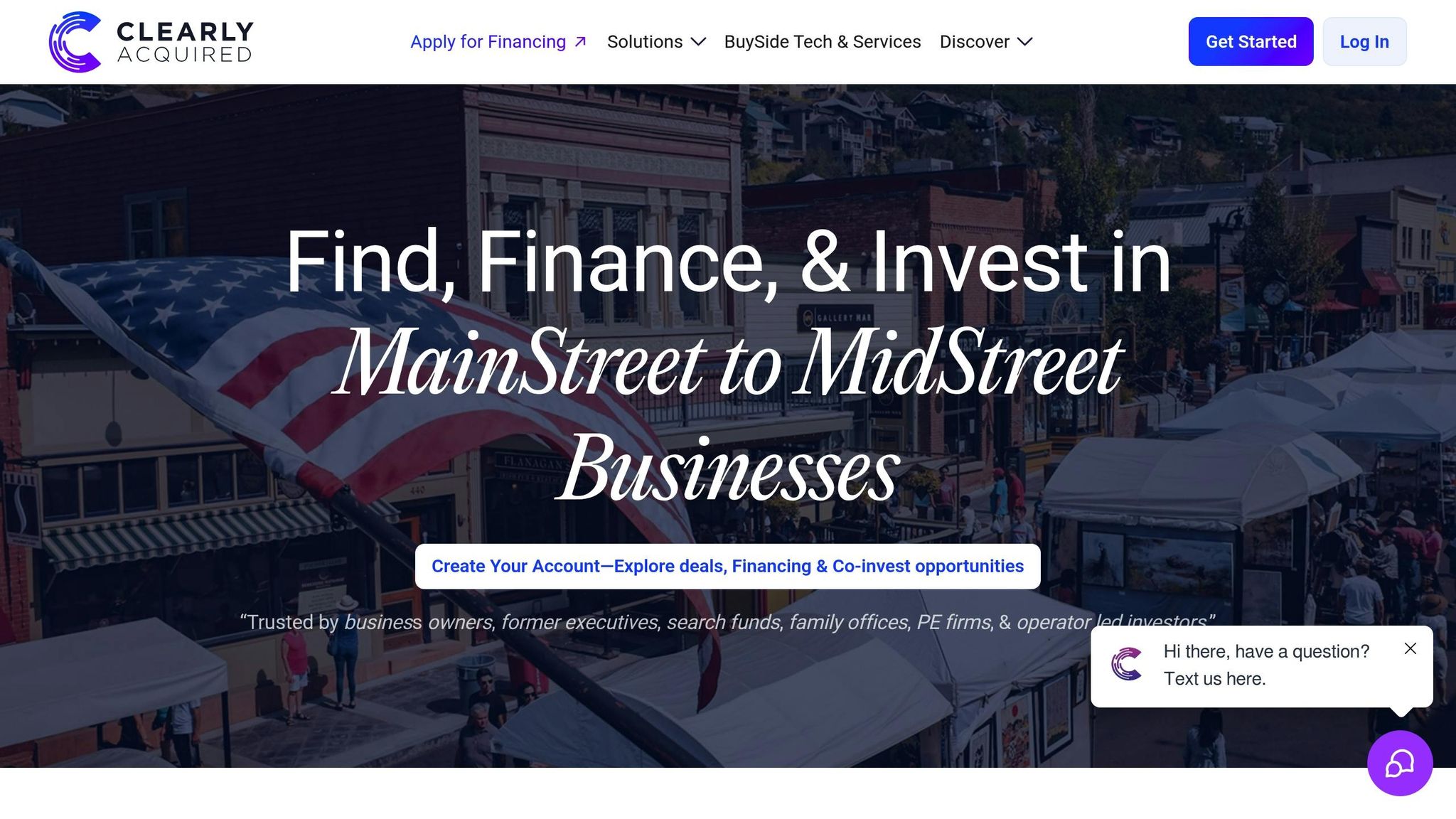
Technology can simplify many of the traditionally time-consuming aspects of selling a business. For example, Clearly Acquired offers tools that streamline the process from start to finish.
Their AI-powered valuation tool provides instant, market-based pricing recommendations, helping you set a competitive price and avoid drawn-out negotiations caused by overpricing. The platform also connects sellers with a verified buyer network, ensuring you engage with pre-qualified prospects who are financially ready and serious about making a purchase.
Another time-saver is the platform's secure data rooms, which allow you to share organized documentation with buyers instantly. Instead of scrambling to compile documents for every inquiry, you can grant immediate access to everything buyers need. Additionally, Clearly Acquired's automated NDA deployment takes care of confidentiality agreements quickly, so verified buyers can access sensitive information without unnecessary delays. Combined with professional guidance, these tools ensure a smoother, faster sale.
Responding Promptly to Buyer Inquiries
Timely communication is crucial for keeping buyers interested. Serious buyers often explore multiple opportunities at once, and delays in responding to their questions or requests can push your business lower on their priority list. Keeping your documents organized and ready to share ensures you can respond quickly when inquiries come in.
Being flexible with scheduling can also make a big difference. Buyers may want to visit the business, meet key employees, or discuss operations at specific times. Accommodating these requests promptly helps maintain momentum and prevents unnecessary delays.
Finally, be upfront about your deal preferences. Whether you’re looking for an all-cash offer or require a specific transition period, stating your terms early helps filter out incompatible buyers and allows serious prospects to tailor their offers accordingly. This transparency saves time for everyone involved and keeps the process moving forward.
Common Problems and Delays When Selling a Business
Selling a business can be a lengthy process, even with solid preparation. Unexpected hurdles often arise, extending the timeline by months - or sometimes years. Knowing what these common challenges are can help you sidestep mistakes that might leave your business stuck on the market longer than expected. Here’s a closer look at some of the most frequent issues that can slow down the process.
Missing or Inaccurate Documentation
Nothing shakes a buyer’s confidence faster than incomplete or incorrect records. During due diligence, buyers expect to see clear and accurate documentation. Missing tax returns, disorganized profit and loss statements, or financial inconsistencies can raise red flags. Similarly, the absence of critical legal documents - like contracts with key clients or clear ownership details - can drag out legal reviews or even bring negotiations to a standstill.
To avoid this, conduct a thorough review of your business records well before listing. Ensure financial statements are in order, legal documents are up to date, and any gaps in your records are addressed. Being proactive here can make the due diligence process much smoother.
Overpricing or Unrealistic Expectations
Setting an unrealistic price is one of the biggest reasons business sales fall through. In fact, studies show that around half of businesses on the market either fail to sell or encounter significant transaction issues. Often, sellers base their asking price on emotional attachment or outdated market assumptions, rather than current market realities.
Overpricing not only limits buyer interest but can also tarnish your business’s reputation. If your business sits on the market too long, buyers may start to wonder if there’s something wrong with it. The solution? Hire a professional appraiser who specializes in your industry and understands market trends. A proper valuation ensures your asking price aligns with what buyers are willing to pay.
Complex Deal Terms
Sometimes, it’s not just about the price or paperwork - deal terms themselves can delay the process. For instance, arrangements like earnouts, which might account for up to 30% of a deal’s value, often require intricate documentation and lengthy negotiations. The more complicated the terms, the longer it takes for both sides to reach an agreement.
Simplifying deal terms where possible can help speed things up. While some complexity is unavoidable, keeping terms clear and focused can reduce delays and keep negotiations on track.
Conclusion: Main Points and Next Steps
The timeline and success of selling your business depend on a few key factors, and knowing what to focus on can make all the difference.
Selling a business usually takes 6 to 12 months from start to finish. That timeline, however, can vary based on how prepared you are and whether your asking price aligns with market realities. Sellers who succeed often rely on well-organized records, competitive pricing, and professional guidance.
Preparation is essential. Taking 1 to 2 months to organize your records and address potential issues upfront can save you from unnecessary delays later.
Pricing shapes your buyer pool. A professional valuation, grounded in current market trends, helps set a realistic price that attracts serious buyers.
Expert help makes the process smoother. Business brokers, M&A specialists, and legal professionals bring experience to the table, helping you avoid common missteps, identify qualified buyers, and negotiate effectively.
Modern tools can also simplify the process. Platforms like Clearly Acquired offer integrated solutions, including funding options, secure data rooms, and expert advisory services. Their features - such as automated NDAs, a network of verified buyers, and deal management tools - reduce administrative burdens and increase your reach to serious prospects.
To move forward, start by organizing your records, getting a professional valuation, and teaming up with experienced advisors. Platforms like Clearly Acquired can provide the resources and connections to streamline your sale and help you achieve the best possible outcome.
FAQs
What mistakes can delay selling a business, and how can you avoid them?
Delays in selling a business often happen because of lack of preparation. Disorganized financial records or unclear business operations can make due diligence and negotiations more challenging. Another frequent mistake is rushing into the sale or picking the wrong time, which can result in overlooked details or even a failed deal.
To steer clear of these setbacks, start by ensuring your financial records are accurate and well-structured. Have a solid understanding of what your business is worth, and partner with seasoned advisors who can help you navigate the process strategically. Putting in the effort upfront can make the entire sale smoother and help you wrap things up more efficiently.
How does the type of industry impact the time it takes to sell a business?
The type of industry a business operates in greatly influences how long it takes to sell. Businesses in thriving, high-demand industries with strong profit margins often sell relatively quickly - usually within 6 to 9 months. Meanwhile, businesses in declining sectors or those catering to highly specialized markets may take longer, sometimes exceeding a year to secure the right buyer.
Key factors like market demand, industry growth trends, and profitability significantly impact the timeline. For instance, industries with strong buyer interest or clear growth opportunities tend to attract offers more rapidly. On the flip side, niche markets with fewer potential buyers or industries facing economic challenges often face extended sale processes.
How can professional advisors help speed up the process of selling a business?
Professional advisors are essential for simplifying and speeding up the process of selling a business. Specialists like M&A attorneys, accountants, and investment bankers bring expertise in areas such as valuation, legal compliance, negotiation, and due diligence. Their involvement ensures that each stage of the process is managed with precision and care.
To make the most of their knowledge, it’s smart to build your advisory team early on. Open communication is key - sharing your goals and challenges allows them to provide tailored guidance. Their insights can help you tackle obstacles, avoid costly errors, and navigate the complexities of the sale with confidence. With their support, you’re more likely to achieve smoother transactions and stronger outcomes.














%20%20Process%2C%20Valuation%20%26%20Legal%20Checklist.png)

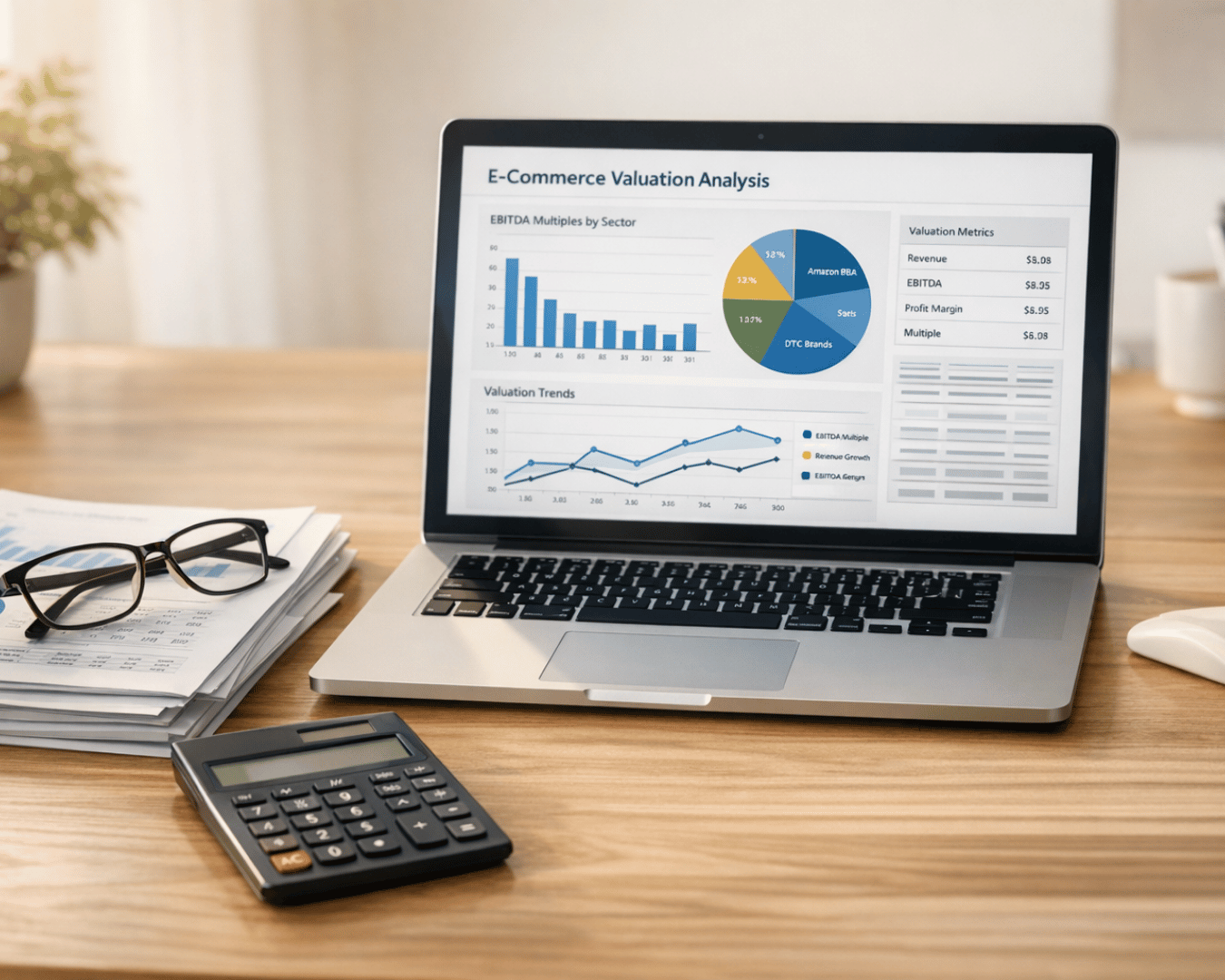

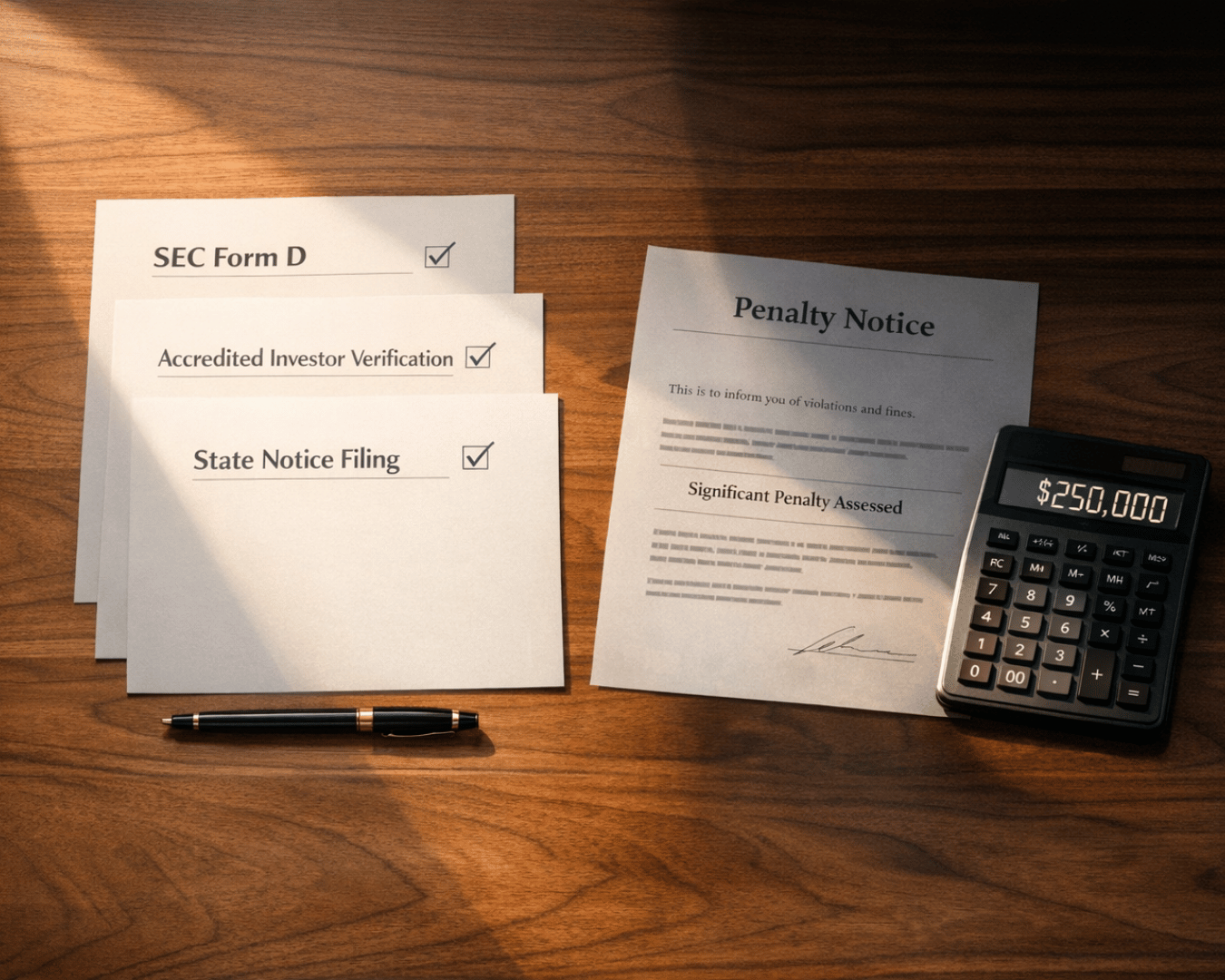







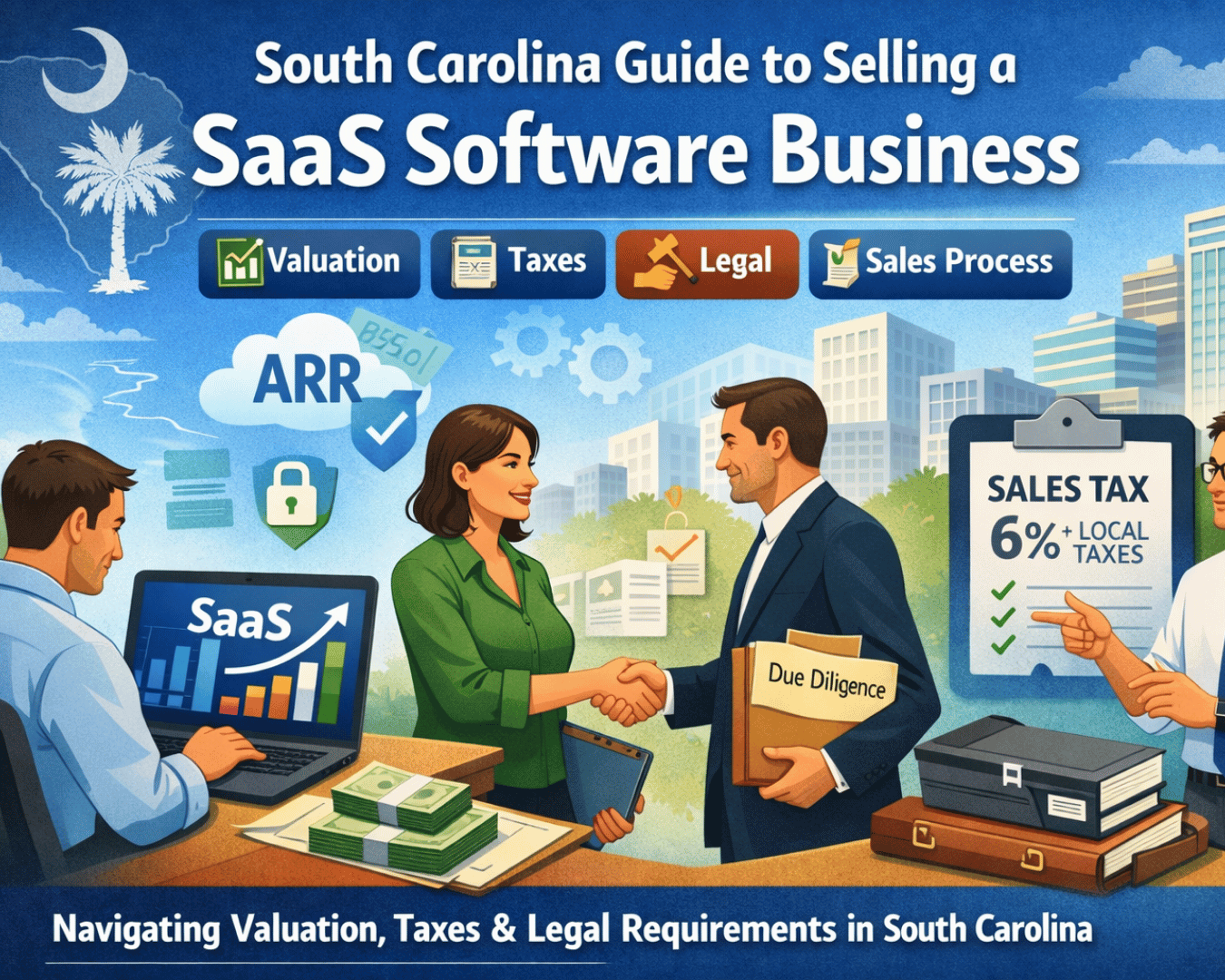







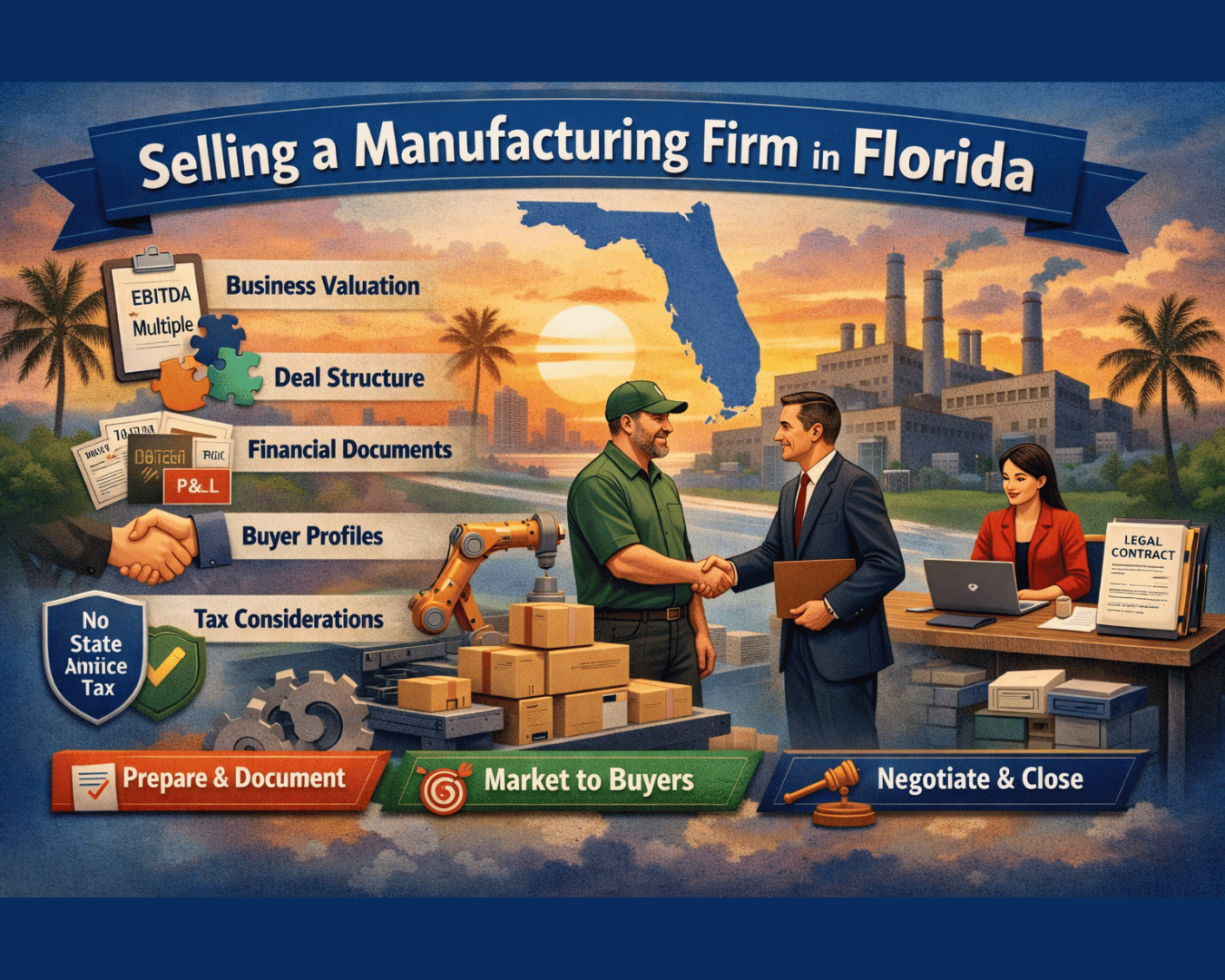
%20in%20a%20%2420M%20Sale..png)
%20vs.%20Conventional%20Loans%20for%20business%20acquisition.png)








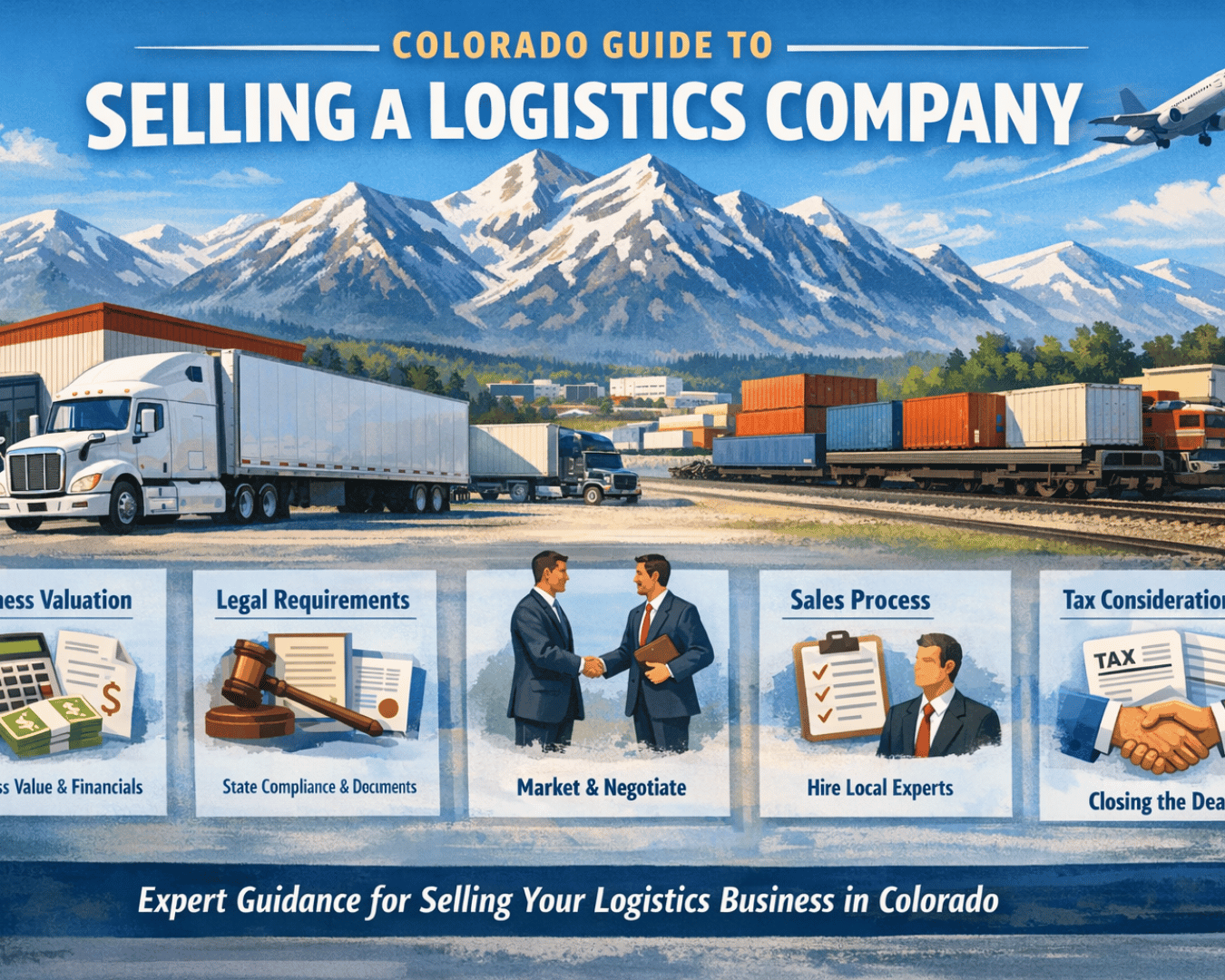













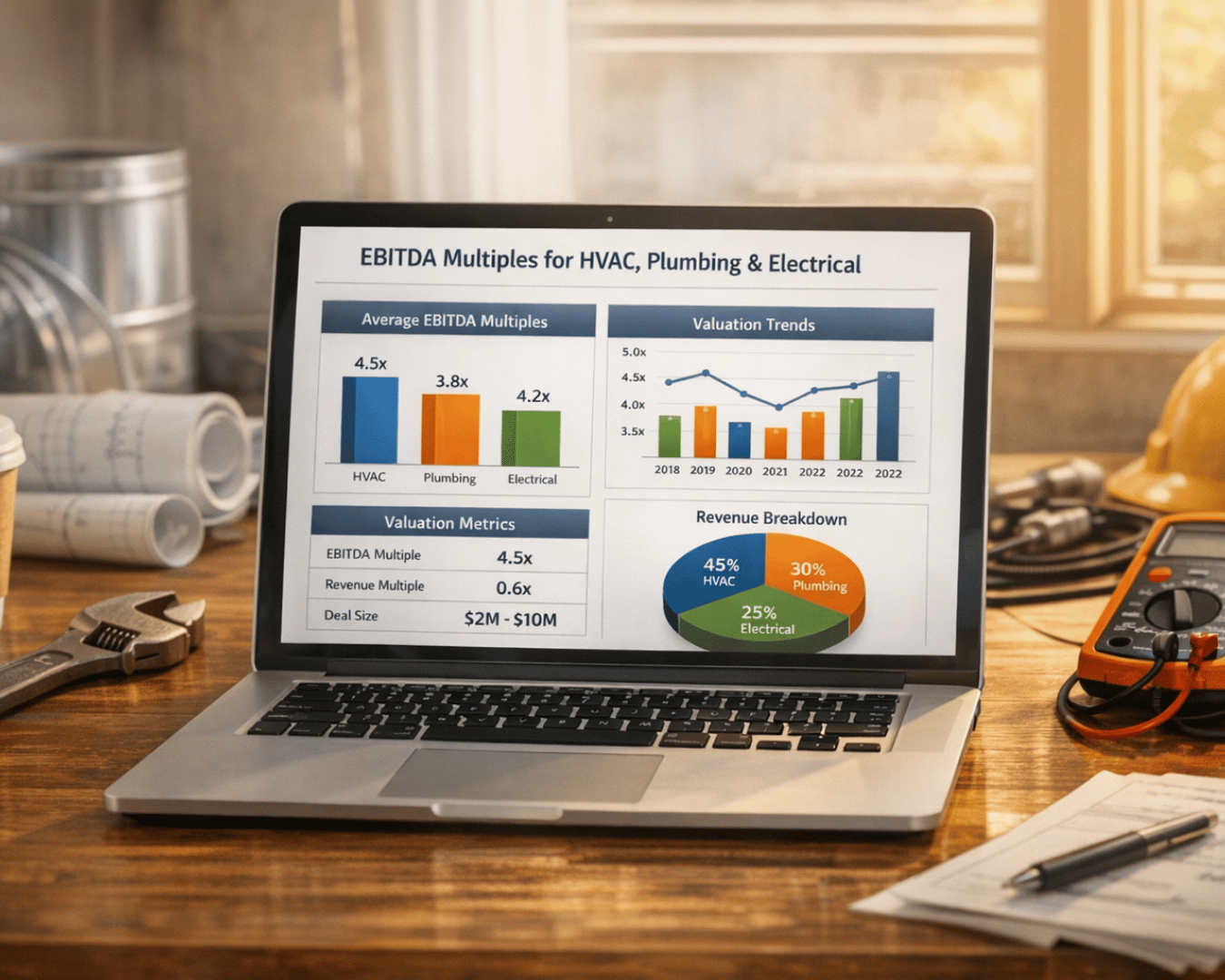
.png)


.png)
.png)

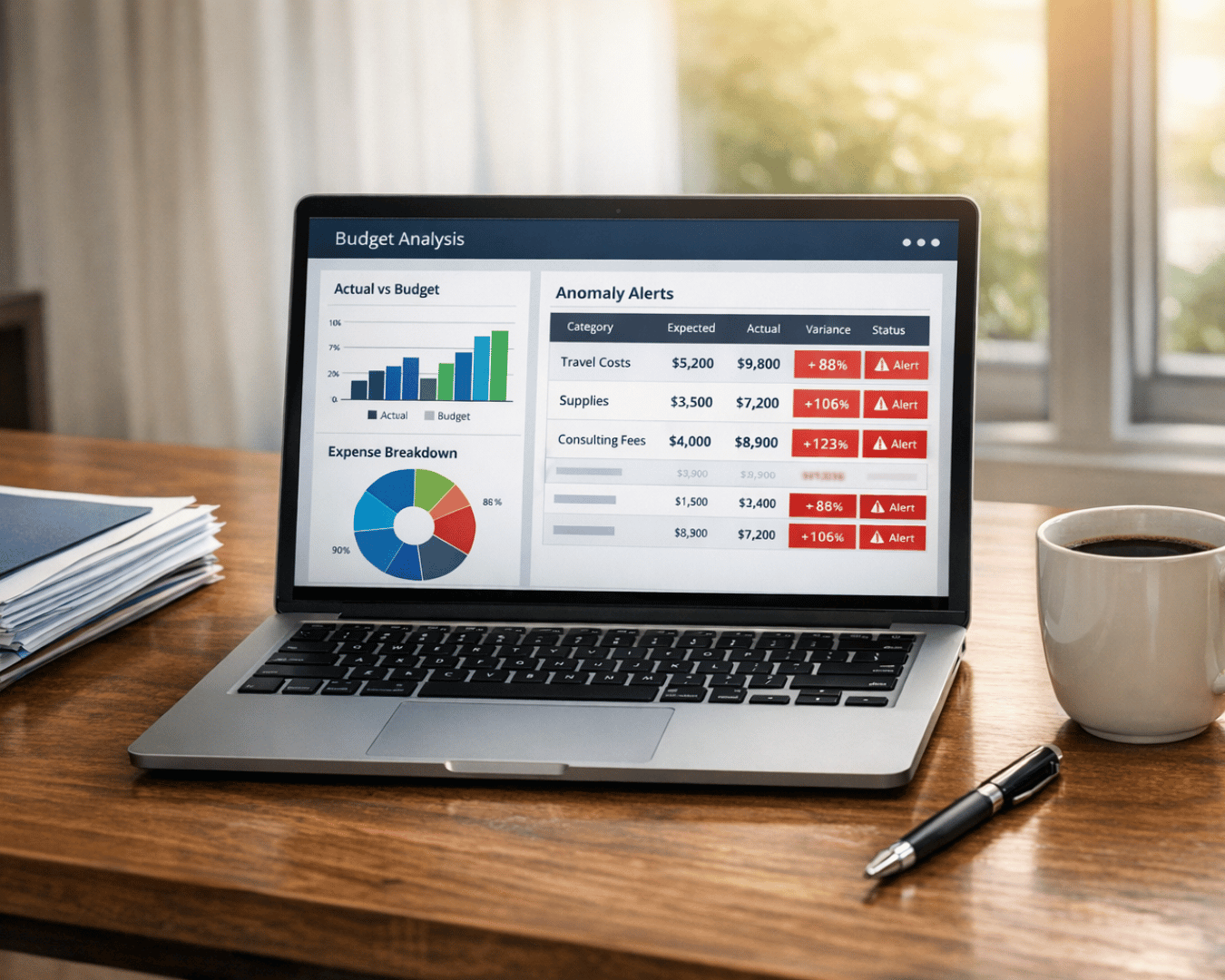










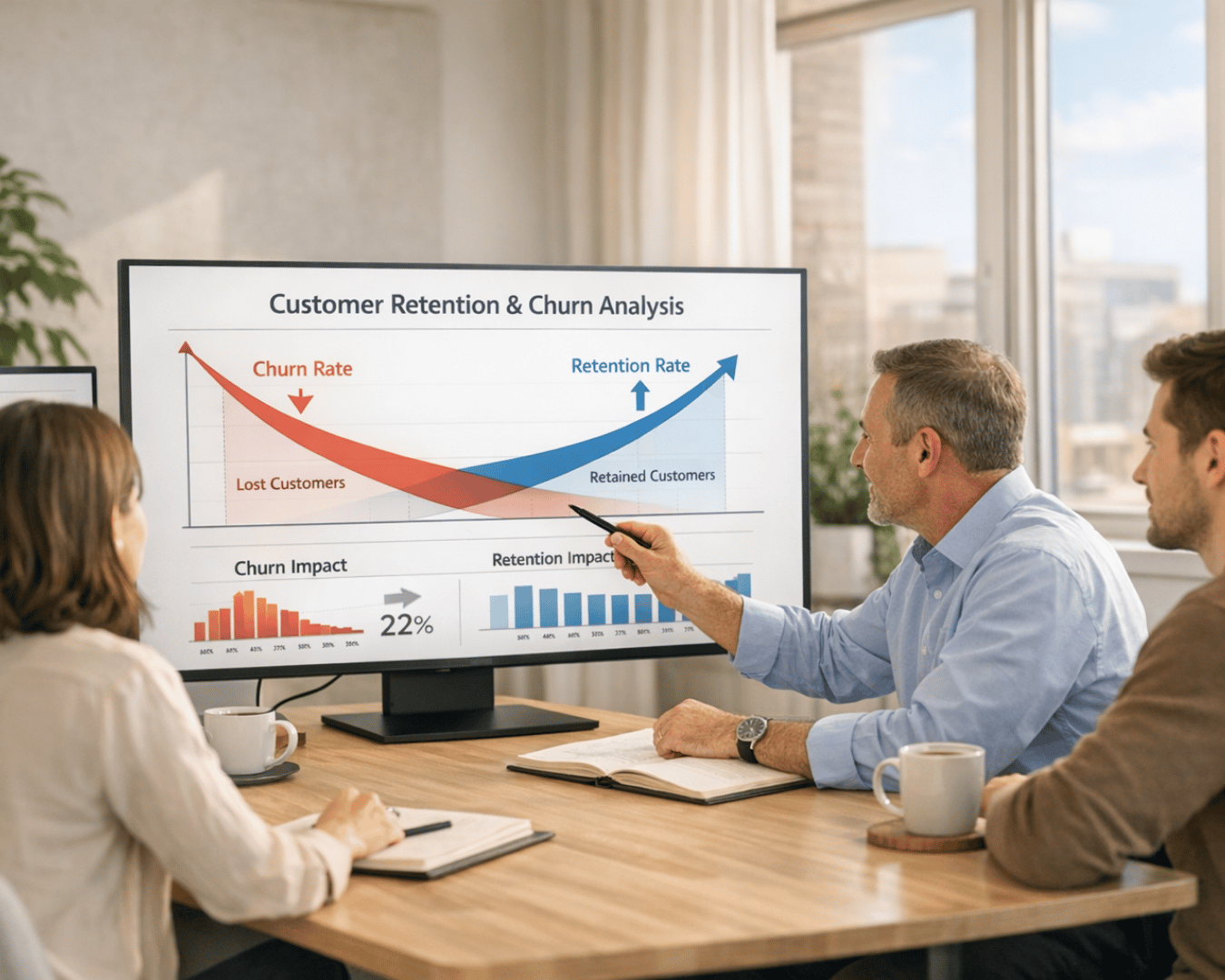
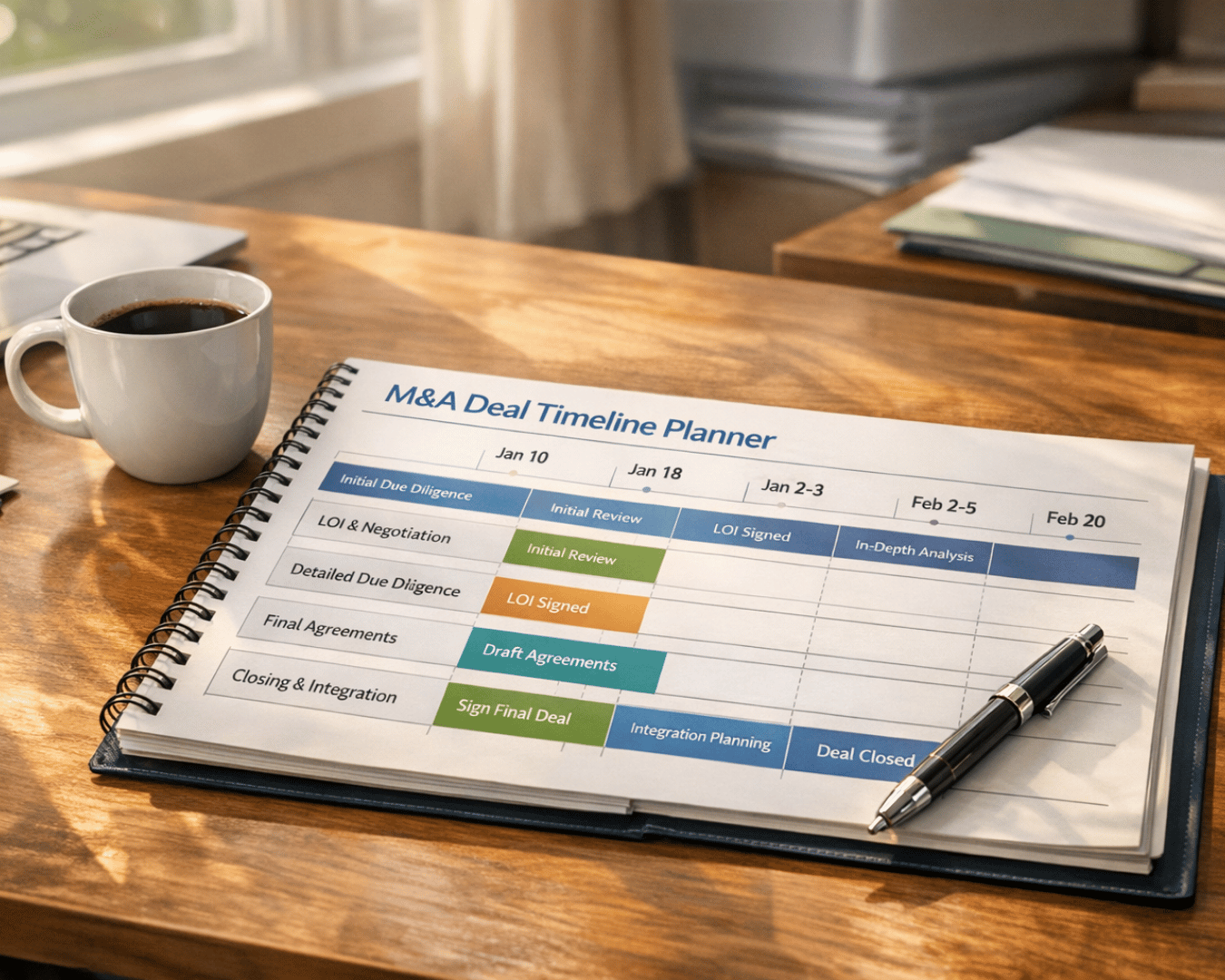











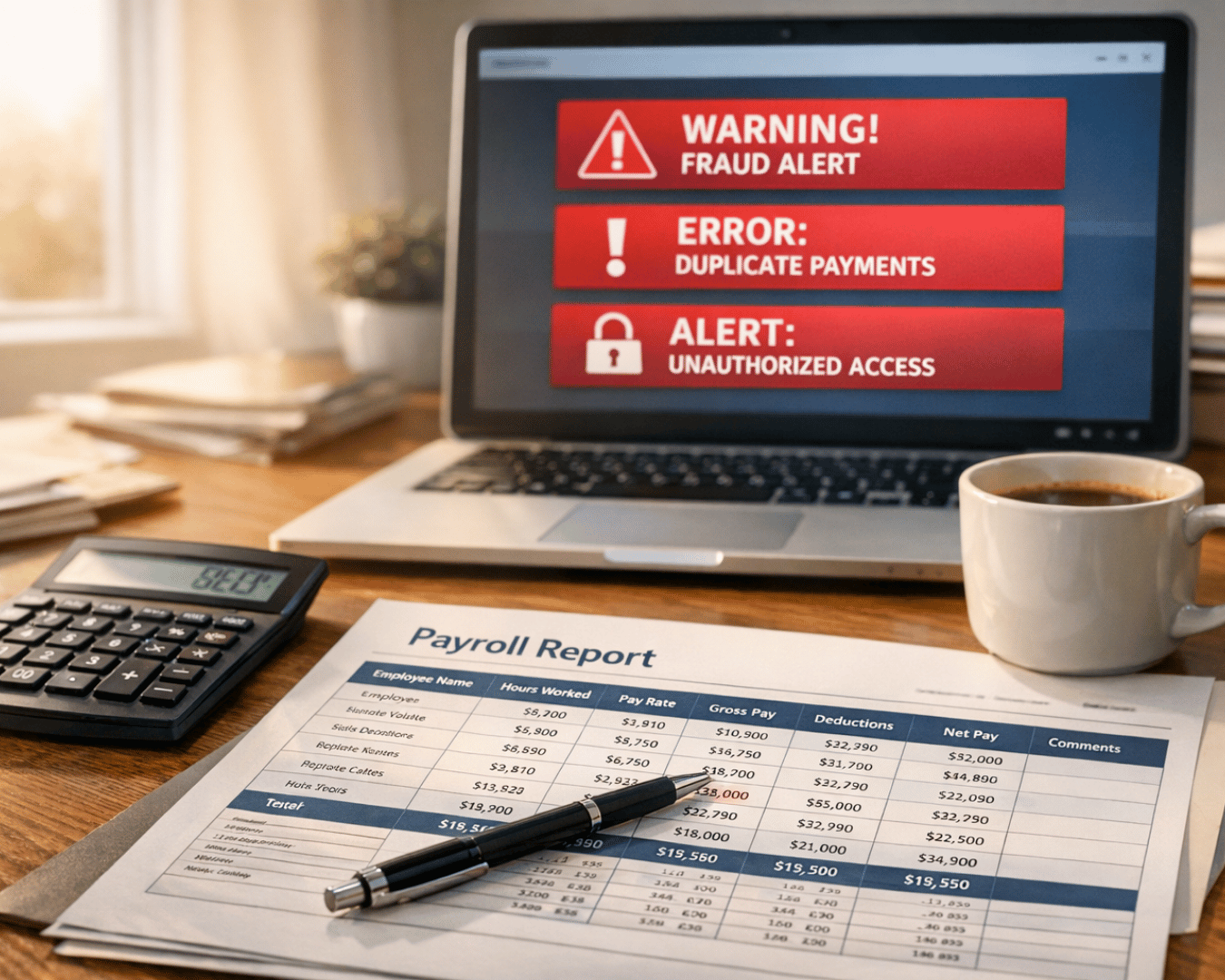






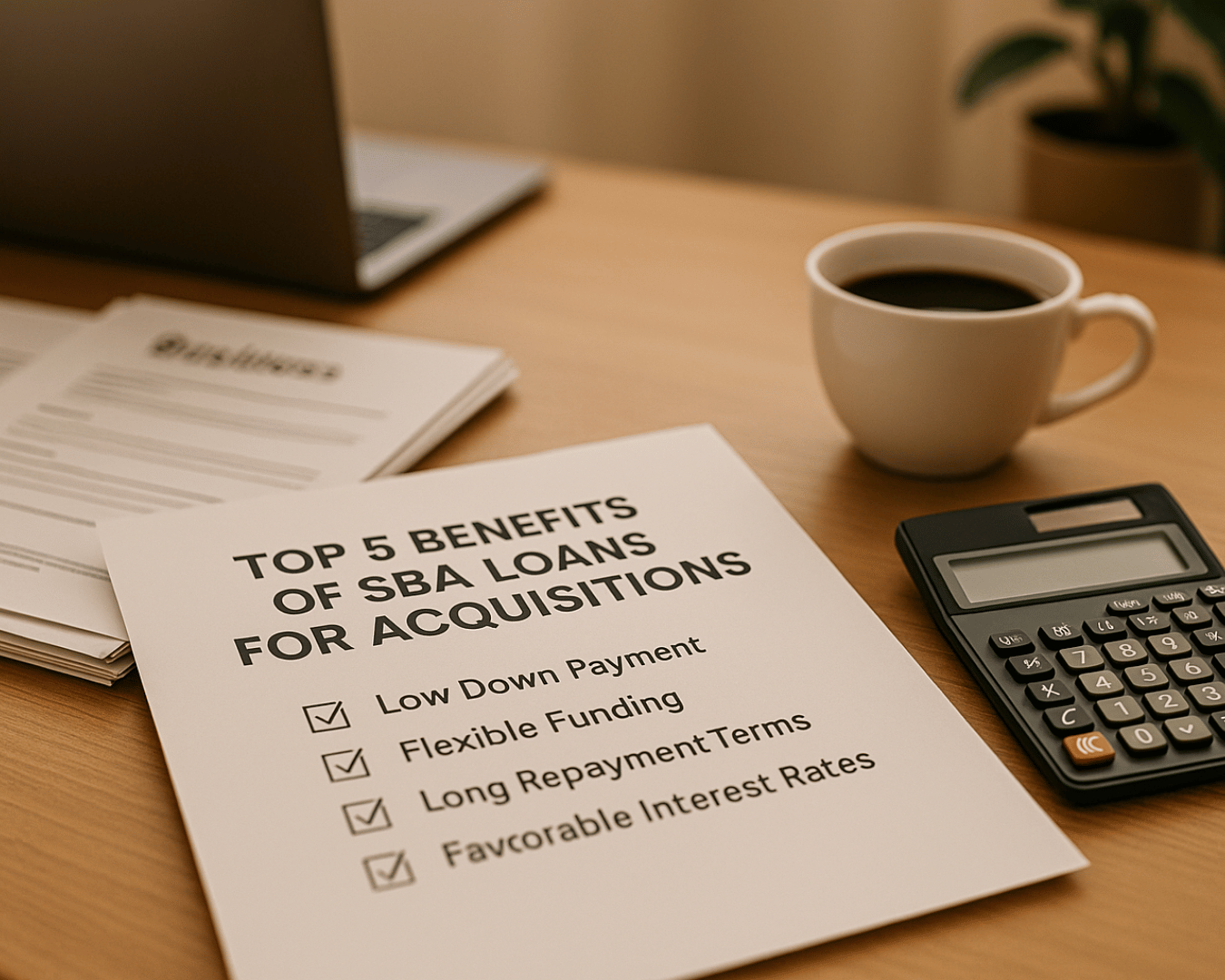

.png)
